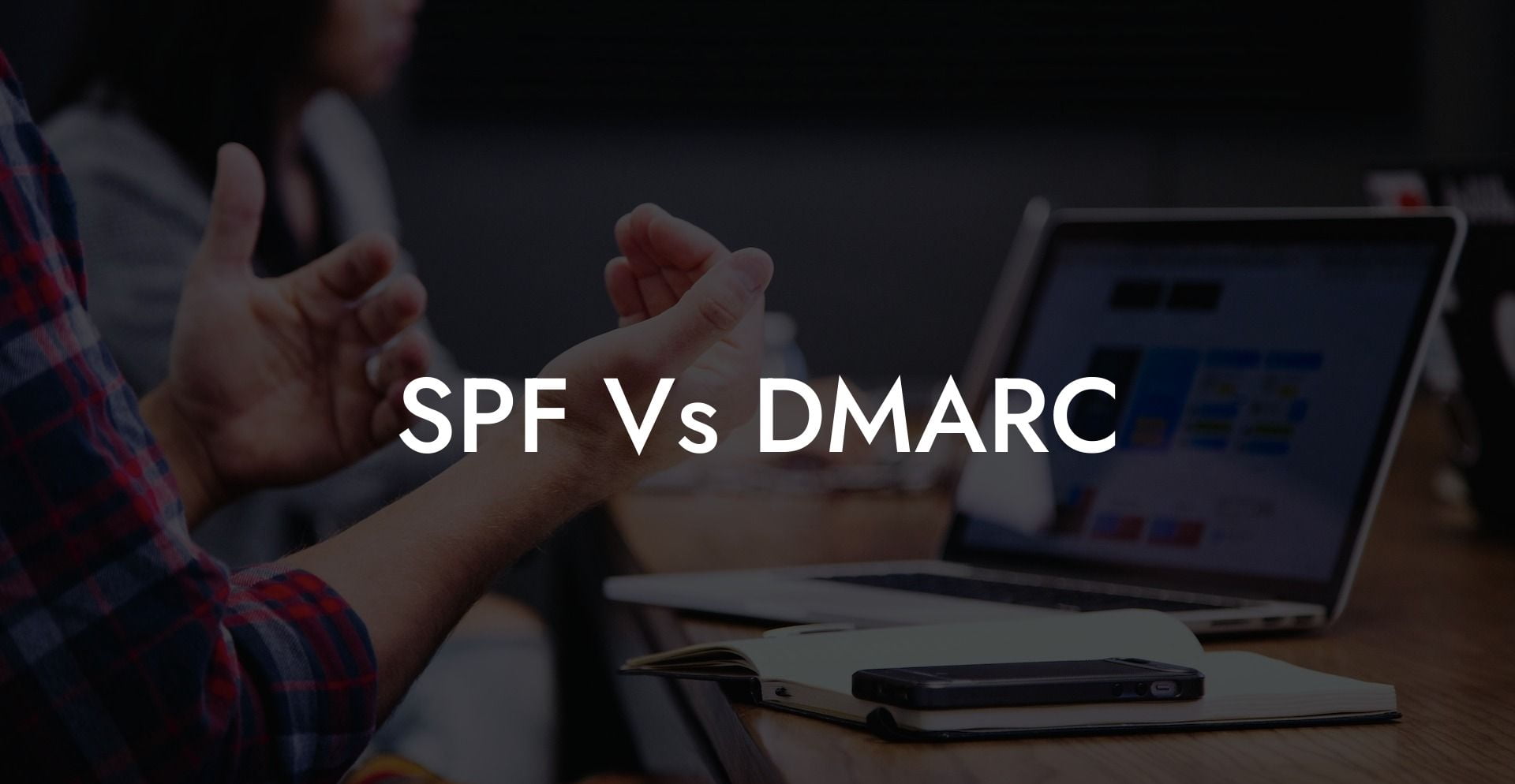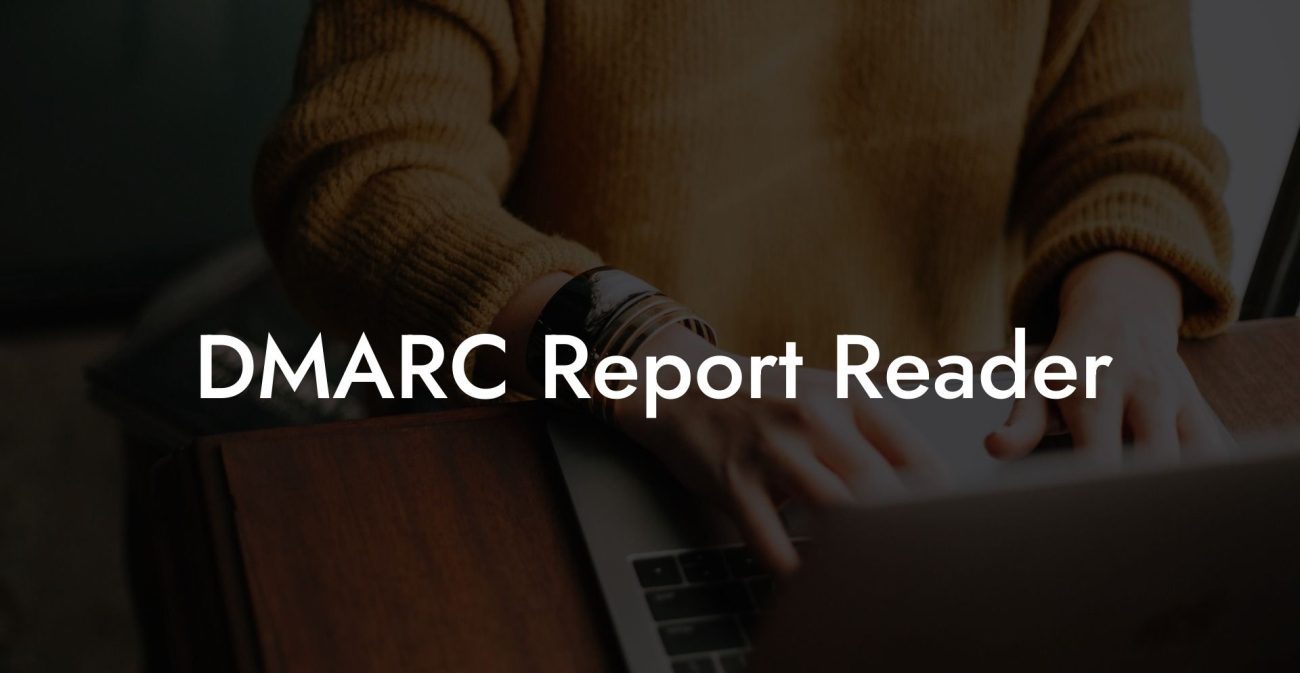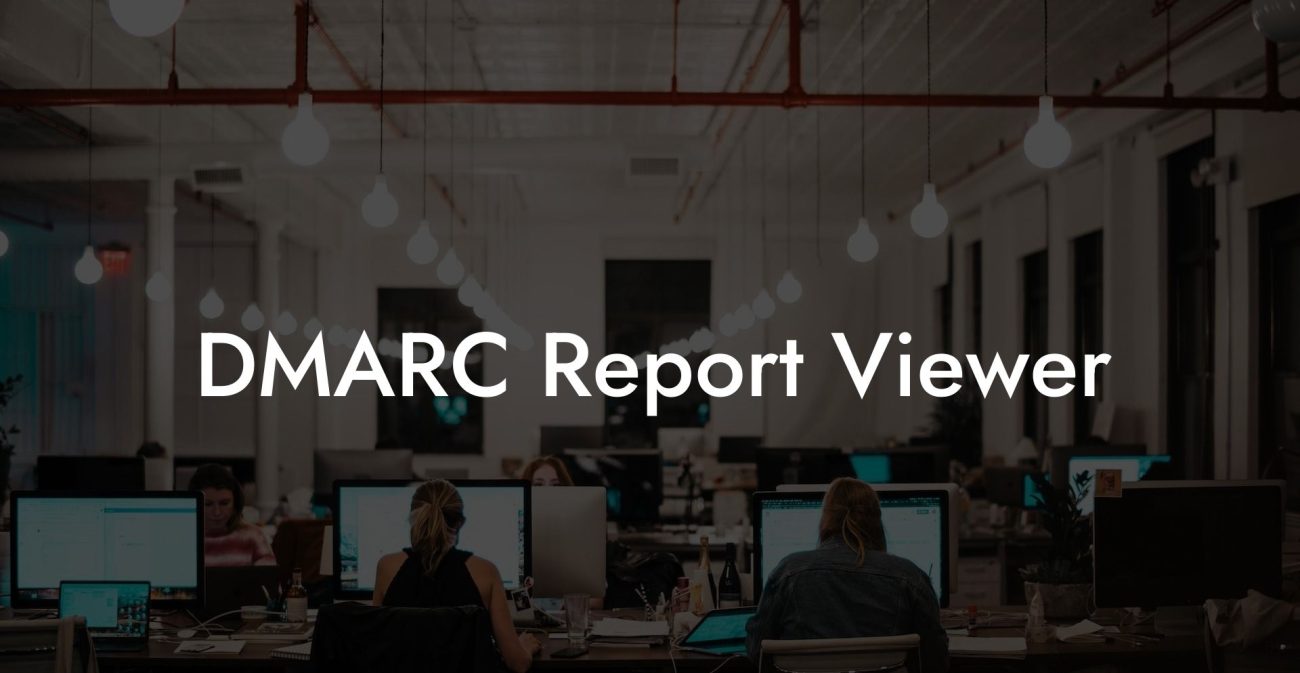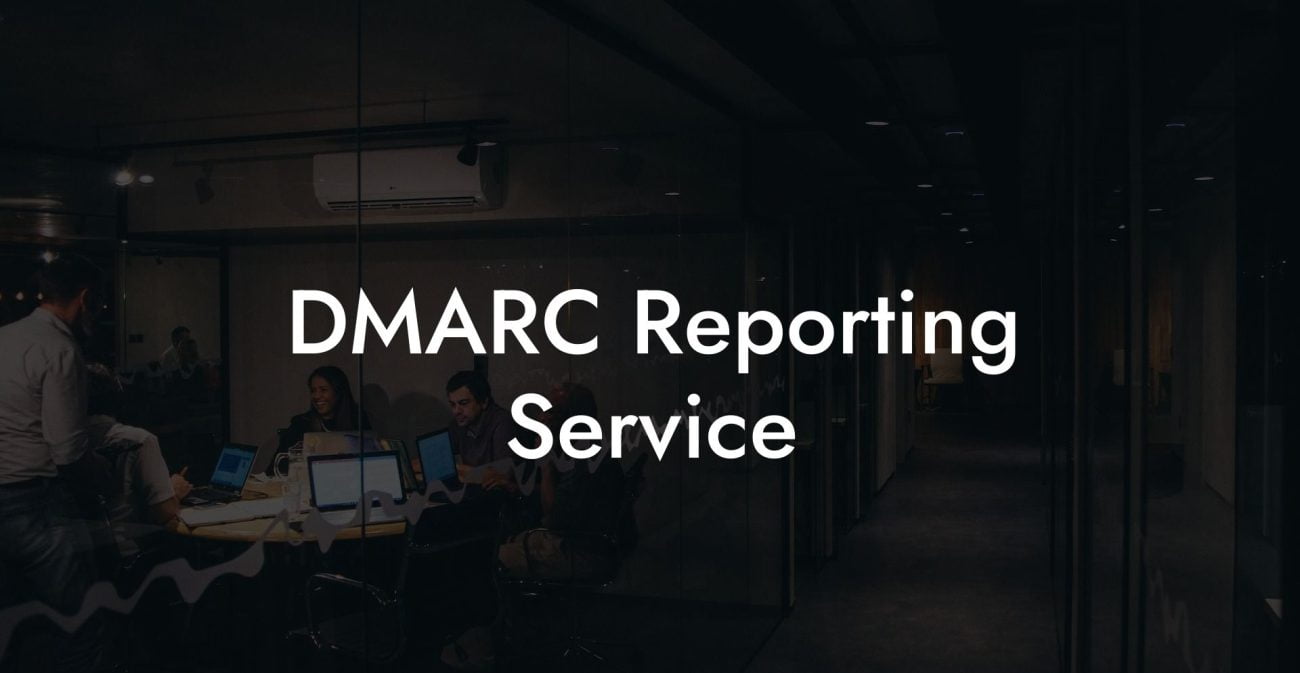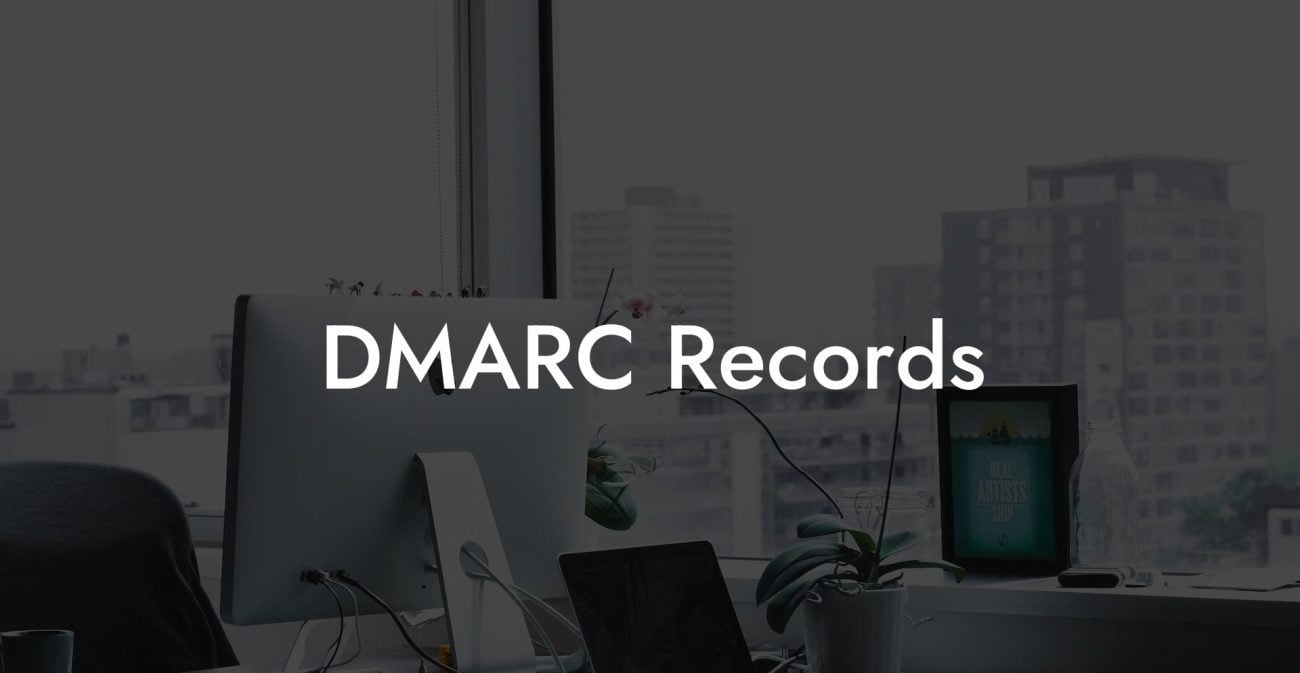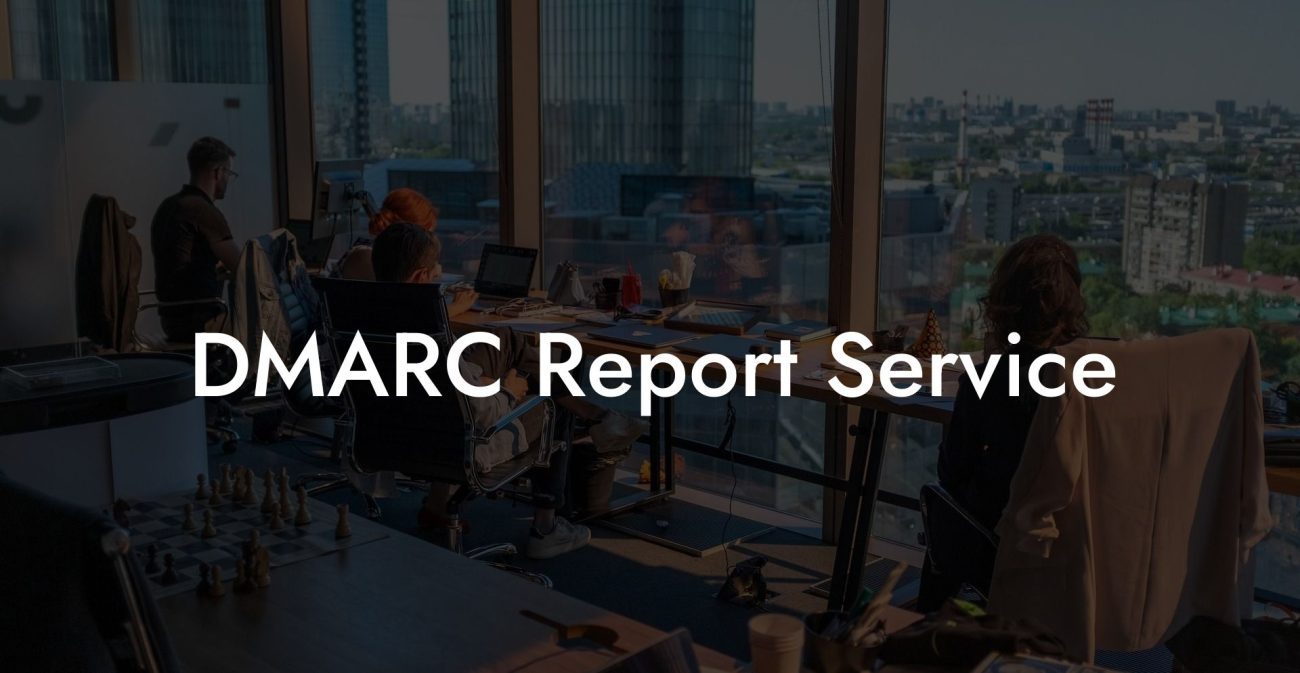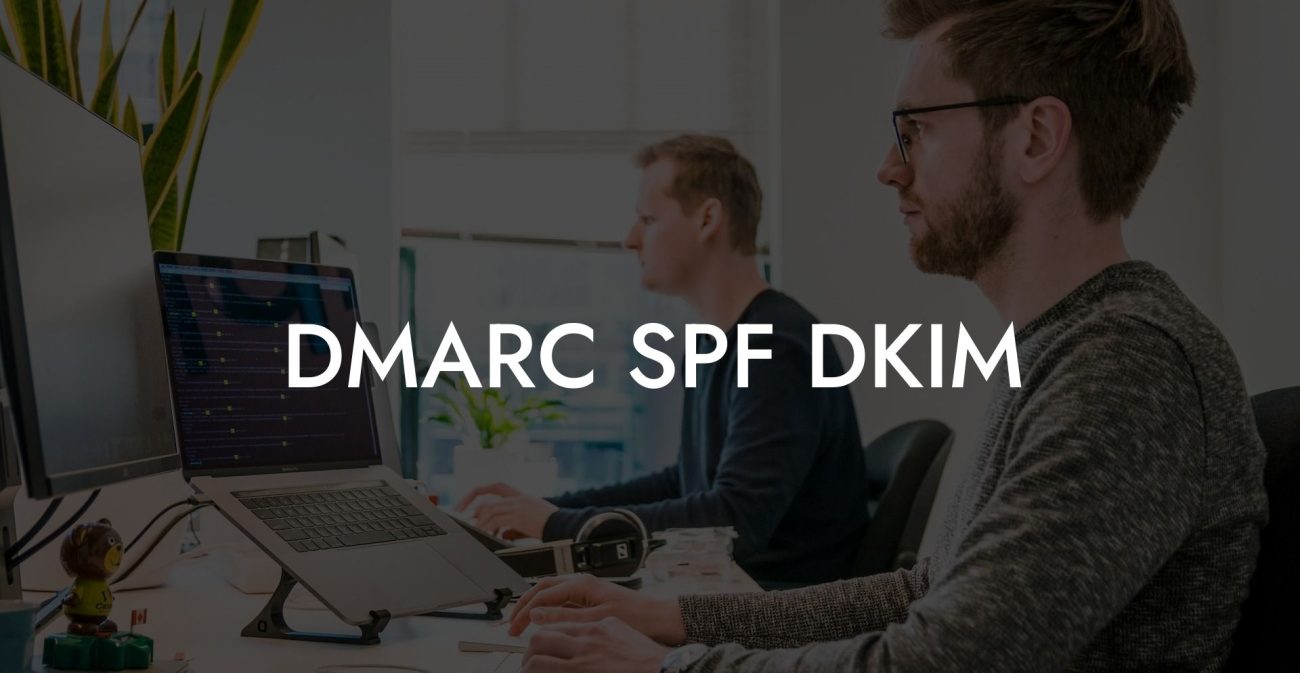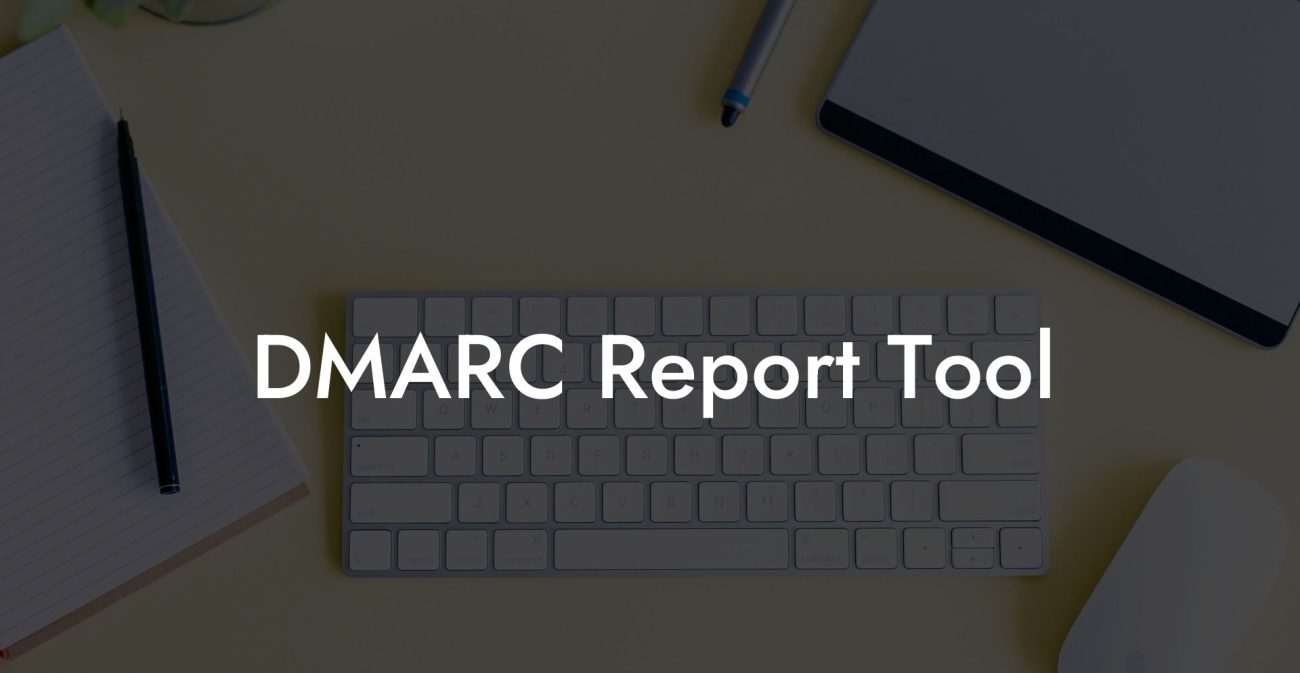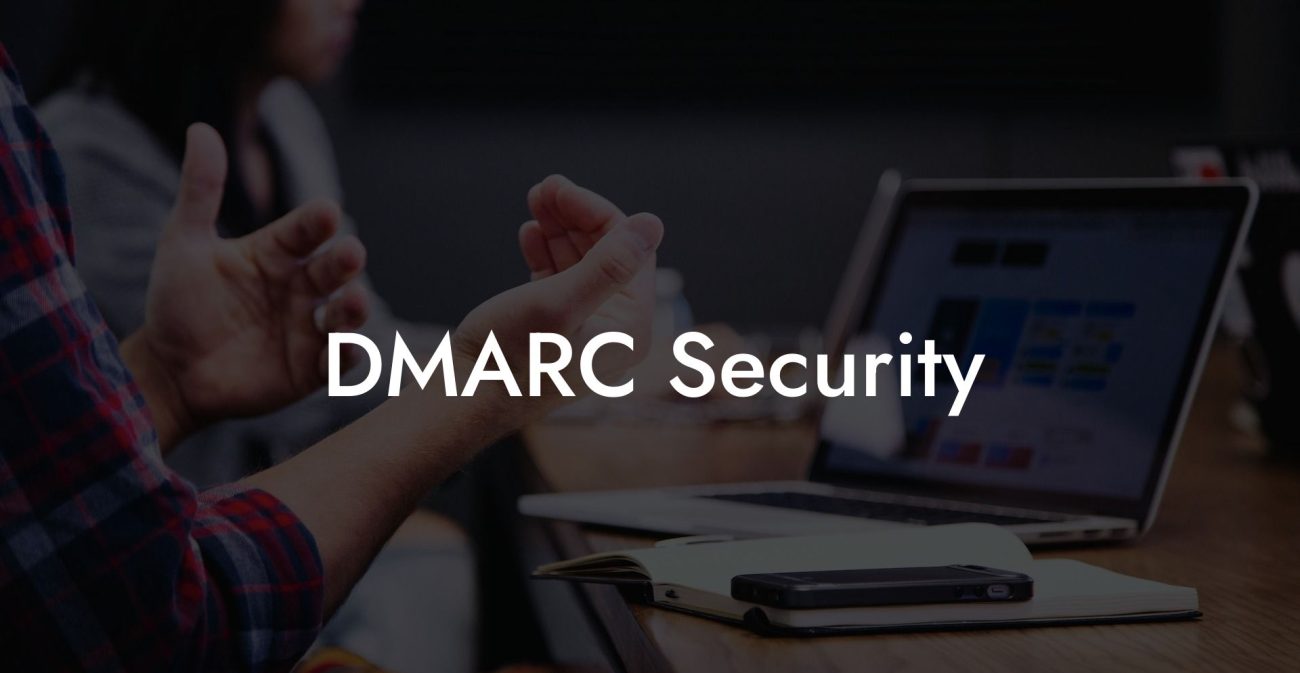The world of email security is constantly evolving as cybercriminals employ new tactics to gain control of sensitive information. To protect yourself and your email system, it's essential to be knowledgeable about various email authentication technologies that can help you distinguish genuine emails from potential threats. Two vital components of email security are SPF (Sender Policy Framework) and DMARC (Domain-based Message Authentication, Reporting, and Conformance). In this article, we'll dive into the differences between SPF and DMARC, the roles they play, and how they work together to ensure email authenticity and security.
What is SPF?
Sender Policy Framework (SPF) is an email security standard designed to prevent spoofing, a practice wherein cybercriminals forge the sender's identity to trick recipients into thinking an email comes from a legitimate source. SPF works by allowing domain owners to specify which servers are authorized to send emails on their behalf. When an email is received, the recipient's mail server verifies if the sender is authorized by checking the SPF record. If the check passes, the email is considered legitimate, but if it fails, the email is flagged as potentially dangerous, potentially being quarantined or rejected.
How Does SPF Work?
Protect Your Data Today With a Secure Password Manager. Our Top Password Managers:
SPF works by using a Domain Name System (DNS) record containing a list of IP addresses authorized to send emails for a specific domain. When an email is received, the recipient's mail server performs an SPF lookup, comparing the sender's IP address with the authorized IP addresses in the domain's SPF record. If the IP address does not match any authorized addresses, the SPF fails, and the email is flagged as suspicious.
What is DMARC?
Domain-based Message Authentication, Reporting, and Conformance (DMARC) is an email security protocol that builds upon the foundation of SPF and another protocol, DKIM (DomainKeys Identified Mail). DMARC enables domain owners to instruct email receivers how to handle messages that fail SPF or DKIM checks, and it provides reporting on the effectiveness of a domain's email security measures. This helps organizations track and identify unauthorized sources attempting to send emails using their domain.
How Does DMARC Work?
DMARC policies are also published as a DNS record, which specifies email handling instructions and reporting options. When an email receiver performs SPF and DKIM checks, they also check the domain's DMARC policy. If either SPF or DKIM checks pass and are properly aligned, the email passes DMARC validation and is considered legitimate. If both fail, the email fails DMARC validation, and the receiving server enforces the policy specified in the DMARC record, such as rejecting the email outright or sending it to the recipient's spam folder.
SPF Vs DMARC: Key Differences
- SPF focuses on validating the sender's IP address, while DMARC incorporates both SPF and DKIM checks and enforces email handling policies.
- SPF only helps prevent domain spoofing, while DMARC provides additional reporting and visibility into email authentication processes, enabling domain owners to identify and remediate vulnerabilities.
- DMARC allows domain owners to dictate how receivers handle failed messages, enabling a more proactive and flexible approach to email security management.
SPF Vs DMARC Example:
Imagine your organization uses the domain example.com for sending emails. You've set up an SPF record that only authorizes one mail server to send emails on behalf of your domain. A cybercriminal attempts to spoof your domain by sending phishing emails from an unauthorized server. With SPF in place, the recipient's mail server performs an SPF check, identifies that the sender's IP address isn't authorized, and flags the email as suspicious.
But what if a cybercriminal manages to find a way around SPF checks? That's where DMARC comes in. Upon receiving the suspicious email, the recipient's mail server will perform a DMARC check and, if the email fails DMARC validation, it will follow your specified policy – potentially rejecting the email or sending it to the spam folder. In addition, DMARC will provide you with reports detailing the attempted spoofing, helping you identify vulnerabilities and further enhance your email security.
Understanding SPF and DMARC is essential for implementing robust email authentication and security measures, protecting your domain and users from cyber threats. Armed with the knowledge and capabilities of these two protocols, you'll be better equipped to defend against phishing attempts, spoofing, and other cyberattacks. Don't hesitate to explore other guides on Voice Phishing for more practical advice on enhancing your cybersecurity posture. If you found this article to be valuable, we encourage you to share it with others so they too can benefit from the insights on SPF versus DMARC.
Protect Your Data Today With a Secure Password Manager. Our Top Password Managers:

